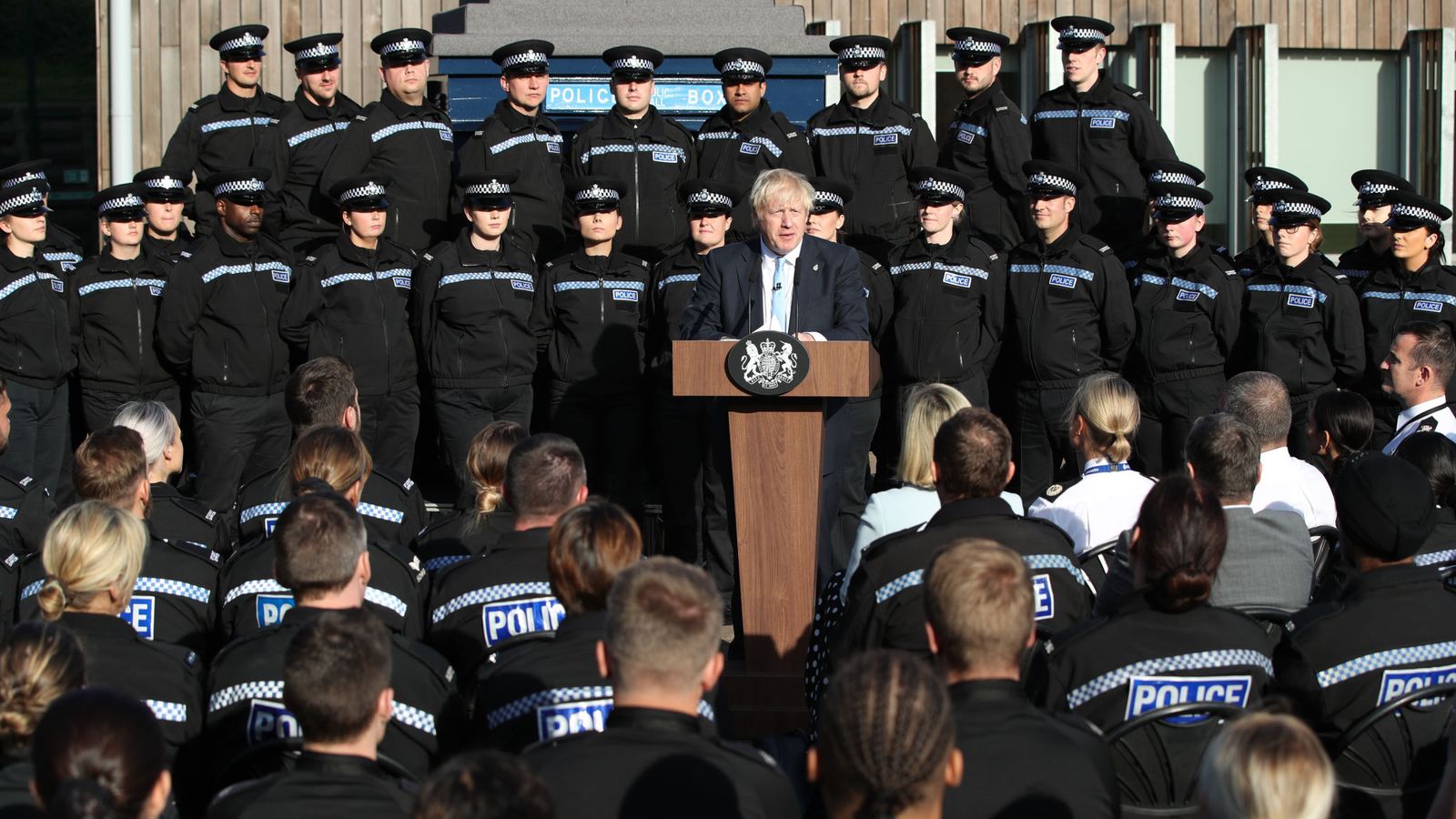Prosecutors could be allowed to direct police investigations as a consequence of Boris Johnson’s promised royal commission on criminal justice. The Conservative 2019 election manifesto has pledged £3m for the first royal commission since the 1993 Runciman commission which was set up on the very day that the Birmingham Six walked out of the Old Bailey as free men after 16 years wrongly convicted.
According a report in The Times, the commission is to look into the case for replicating the procurator fiscal model in Scotland, in which prosecutors have the power to direct police investigations into serious crimes. Prosecutors have similar powers in France.
The Times reports that the commission comes ‘amid warnings that the criminal justice system in England and Wales is “at breaking point” after a decade of cuts, with sharp falls in convictions for rape, robberies involving the use of knives, theft and fraud’.
Nazir Afzal, a former chief prosecutor, told the paper; ‘I know from experience many cases that fail in England and Wales could have been saved through earlier involvement of prosecutors, as happens under the procurator fiscal. Put the citizen first, not the lawyers.’
‘In most serious crimes the golden hour immediately afterwards is when much of the evidence can be obtained and a prosecutor who is ‘thinking trial’ right at the beginning is likely to identify lines of inquiry that may not occur to a police officer. It will strengthen cases that cannot be ‘fixed’ later.’
Nazir Afzal
Fundamental to the existing system is the institutional separation between police and prosecutors. Police investigations are entirely independent from the CPS which acts on the file presented after police investigation. The CPS was established by the Prosecution of Offences Act 1985, previously England was one of the few countries that allowed the police to prosecute cases. This was the result of miscarriage of justice scandals (not least the Maxwell Confait case) as well as the 1984 Phillips royal commission on criminal procedure. It was decided that the police were not best suited to be prosecutors because of how much they had invested into individual investigations.
The Times report also noted that in Scotland the procurator fiscal ‘can directly oversee police investigations and also investigate unexplained deaths’. ‘Prosecutors in Scotland also use a “double corroboration” approach, requiring two sources supporting allegations before a case can be taken to court,’ it read.







